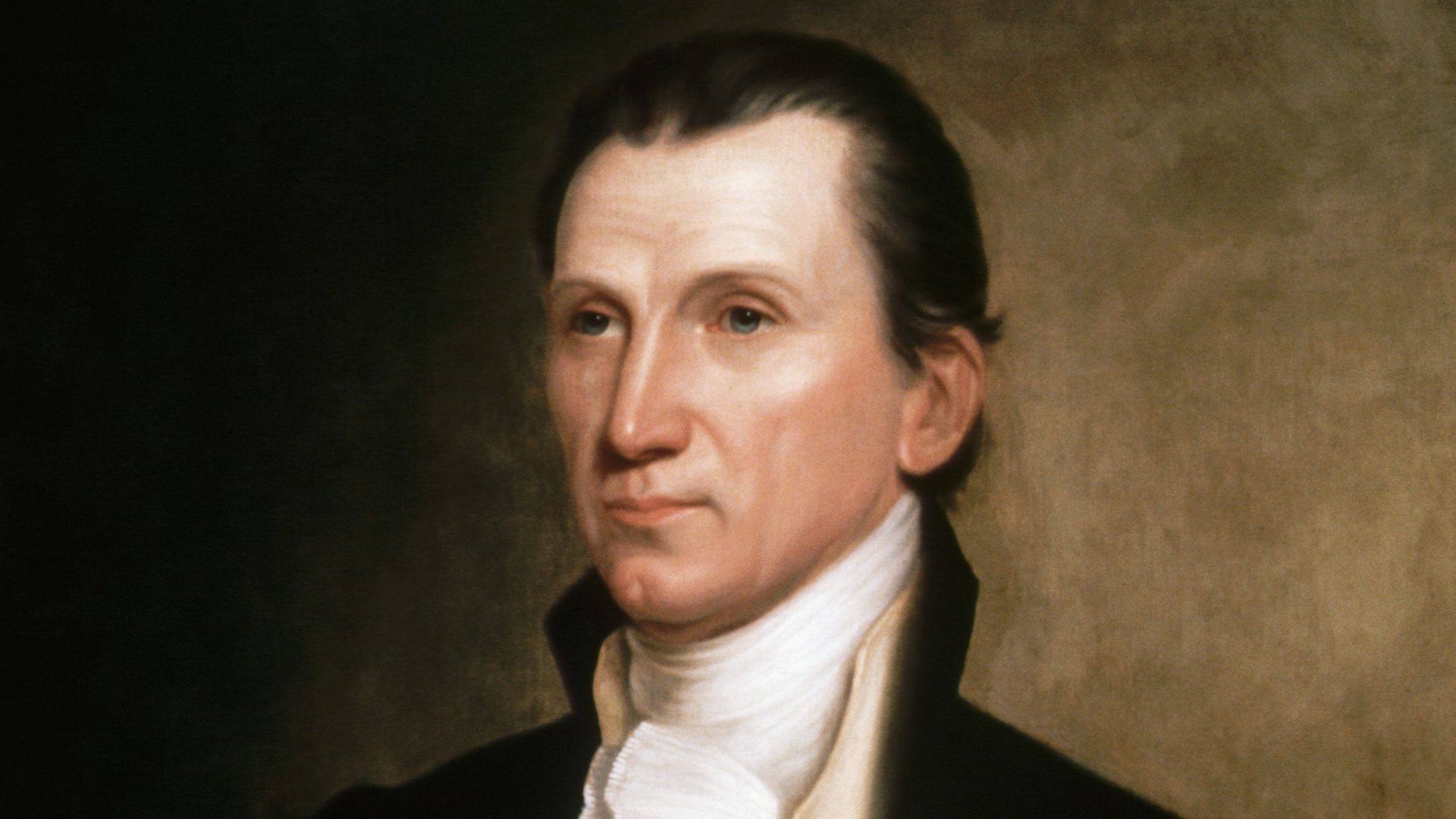
James Monroe, the fifth President of the United States, holds a unique place in American history. His era, known as the "Era of Good Feelings," was marked by a sense of national unity and political harmony. But there's much more to Monroe than just his presidency. From his humble beginnings to his impactful Monroe Doctrine, his life was filled with intriguing events and milestones. Did you know that Monroe was the last president who was also a Founding Father? Or that he died on the same date as Thomas Jefferson and John Adams, but five years later? In this post, we'll uncover 12 fascinating facts about James Monroe, shedding light on his contributions, personal life, and the legacy he left behind. Join us as we delve into the life of this remarkable figure, whose impact on American history is still felt today.
Early Life and Education
James Monroe, the fifth President of the United States, had a fascinating early life that shaped his future leadership.
-
Born on April 28, 1758, in Westmoreland County, Virginia, Monroe was the son of a prosperous planter. His early years were spent on the family farm.
-
Monroe attended the College of William and Mary but left in 1776 to join the Continental Army. His education was interrupted by the American Revolution.
-
He fought in several key battles, including the Battle of Trenton, where he was wounded. This experience solidified his commitment to American independence.
Political Career Before Presidency
Before becoming President, Monroe held several important political positions that prepared him for the highest office.
-
Monroe served as a delegate to the Continental Congress from 1783 to 1786, where he worked on issues like western land claims.
-
He was elected as a U.S. Senator from Virginia in 1790. During his tenure, he supported the Bill of Rights and opposed the Jay Treaty with Britain.
-
Monroe also served as Minister to France from 1794 to 1796. His diplomatic efforts helped maintain peace between the U.S. and France during a turbulent period.
Presidency and the Monroe Doctrine
Monroe's presidency is best known for the Monroe Doctrine, a cornerstone of American foreign policy.
-
Elected in 1816, Monroe's presidency marked the "Era of Good Feelings," a period of national unity and political cooperation.
-
In 1823, Monroe introduced the Monroe Doctrine, which declared that the Western Hemisphere was off-limits to European colonization. This policy had lasting implications for American foreign relations.
-
Monroe's administration also saw the acquisition of Florida from Spain in 1819, expanding U.S. territory and influence.
Personal Life and Legacy
Monroe's personal life and legacy continue to be subjects of interest and admiration.
-
Monroe married Elizabeth Kortright in 1786. The couple had three children, though only two survived to adulthood.
-
He was the last president who was a Founding Father of the United States. His leadership bridged the revolutionary generation and the new American republic.
-
Monroe died on July 4, 1831, making him the third president to die on Independence Day, following Thomas Jefferson and John Adams. His legacy endures through his contributions to American independence and governance.
A Final Look at Monroe's Legacy
James Monroe's era, often hailed as the "Era of Good Feelings," reflects a pivotal time in American history. His presidency, marked by significant achievements like the Monroe Doctrine, not only shaped U.S. foreign policy but also left a lasting impact on the nation's identity. Monroe's dedication to expanding the country's borders and his efforts in fostering a sense of national unity highlight his commitment to the American project. His leadership during a period of relative peace and prosperity helped solidify the United States' position on the world stage. As we reflect on Monroe's contributions, it's clear his legacy is woven into the fabric of American history, embodying the spirit of an era that significantly influenced the country's trajectory. Monroe's story, rich with lessons of diplomacy, unity, and expansion, continues to inspire and inform generations.
Was this page helpful?
Our commitment to delivering trustworthy and engaging content is at the heart of what we do. Each fact on our site is contributed by real users like you, bringing a wealth of diverse insights and information. To ensure the highest standards of accuracy and reliability, our dedicated editors meticulously review each submission. This process guarantees that the facts we share are not only fascinating but also credible. Trust in our commitment to quality and authenticity as you explore and learn with us.


